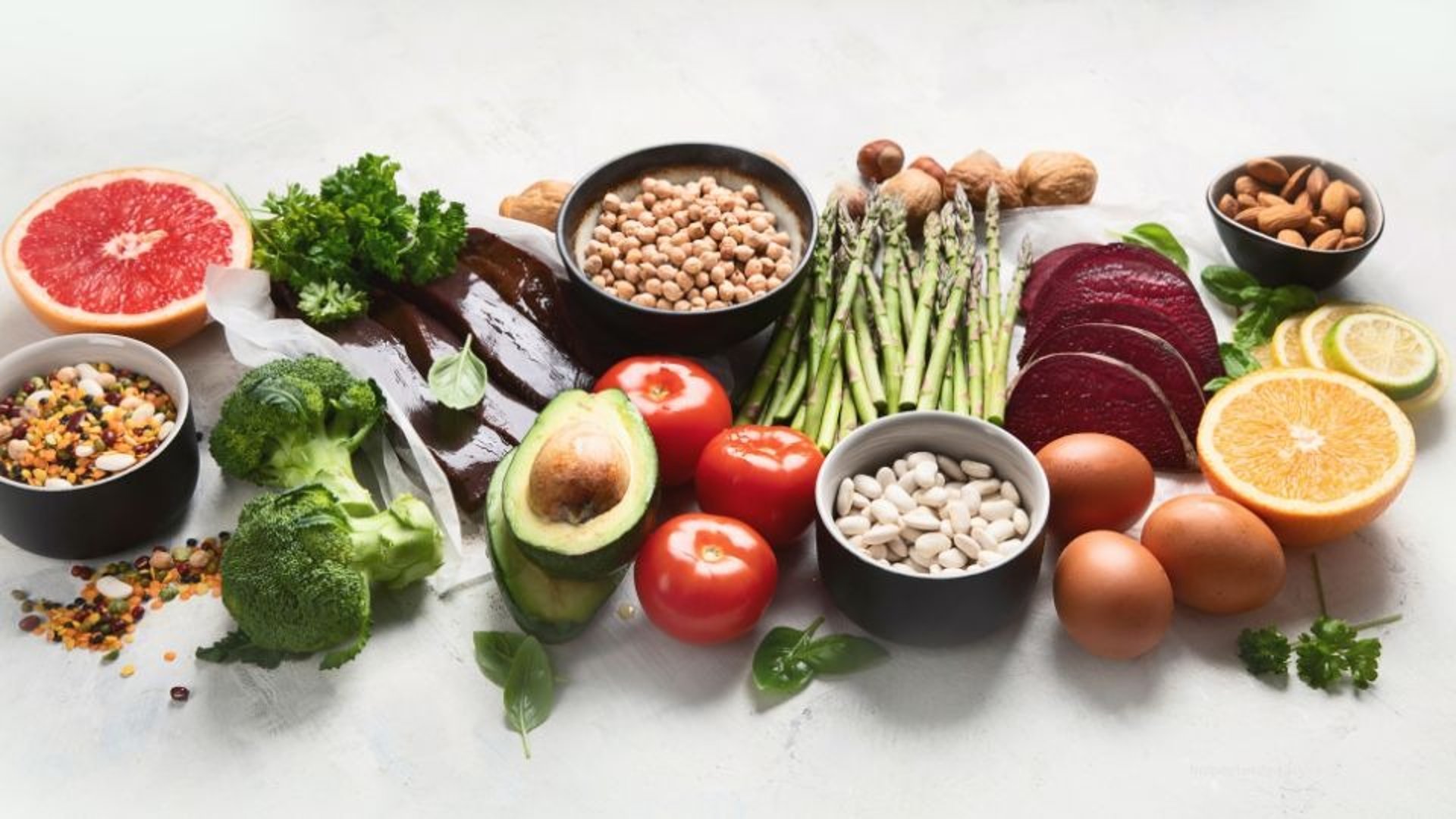Understanding Vitamin B9: DNA, Pregnancy, and Heart Health

Understanding Vitamin B9: DNA, Pregnancy, and Heart Health
What Is Vitamin B9?
Vitamin B9, also known as folate or folic acid, is a water-soluble vitamin essential for DNA synthesis, red blood cell formation, and overall health. It plays a critical role in cell division and growth.
What Does Vitamin B9 Do for Your Body?
DNA Synthesis and Repair: Supports proper cell division and growth by helping produce and repair DNA.
Pregnancy Support: Helps prevent neural tube defects in developing fetuses, making it vital for expectant mothers.
Red Blood Cell Formation: Aids in producing red blood cells to prevent anemia and ensure efficient oxygen delivery.
Heart Health: Helps lower homocysteine levels, reducing cardiovascular disease risk.
Synergistic Nutrients
Iron: Folate enhances iron use for oxygen transport.
Vitamin C: Improves folate absorption, especially from plant sources.
How Vitamin B9 Is Absorbed
Folate is absorbed in the small intestine through active transport. Excess is excreted in urine, so regular intake is necessary. Alcohol, some medications, and poor gut health can impair absorption.
Top Food Sources of Vitamin B9 (per 100g)
Spinach: 150–200 mcg
Lentils: 180–200 mcg
Kale: 50–70 mcg
Chickpeas: 100–150 mcg
Fortified cereals: 100–300 mcg per serving
Oranges: 30–50 mcg
Eggs: 20–30 mcg
Almonds: 20–30 mcg
Milk & Cheese: 5–10 mcg
Daily Vitamin B9 Requirements
Infants (0–6 months): 65 mcg
Children (1–3 years): 150 mcg
Adults: 400 mcg
Pregnant Women: 600 mcg
Breastfeeding Women: 500 mcg
Signs You’re Getting Enough
Sustained energy without fatigue
Healthy skin and immune function
Signs of Deficiency
Fatigue, weakness
Shortness of breath
Irritability, depression
Cognitive difficulties
Supplements
Available as capsules, tablets, liquid drops, or in multivitamins. Best taken with meals, morning or evening. Excess folic acid can mask vitamin B12 deficiency and cause digestive discomfort.
Who May Need Supplements?
Chronic alcoholics
Older adults
Pregnant women
People with malabsorption disorders
Medication Interactions
Antibiotics, anticonvulsants, and methotrexate may affect folate levels.
Lifestyle Factors Affecting Absorption
Smoking and poor gut health can reduce folate levels.
Folate is water-soluble; fat intake has less effect on absorption.
Cooking and Storage
Folate is sensitive to heat; overcooking reduces content.
Light has minimal effect.
Proper storage preserves folate in foods.
Myths
Folate is only important during pregnancy (it also supports DNA repair and immunity).
Supplements are always better than food (a balanced diet often suffices).
Fun Facts
Folate was first isolated from spinach leaves in 1941.
It is added to staple foods like bread and cereals to prevent deficiencies.
Environmental Considerations
Vegan sources include fortified cereals and nutritional yeast.
Choosing local produce reduces environmental impact.
Special Populations
Athletes need more for energy metabolism.
Children require folate for growth and brain development.
Elderly may benefit from supplements due to absorption issues.
Tracking Intake
Use nutrition apps or food diaries.
Blood tests can check folate levels if deficiency is suspected.
Recent Research (2025)
New supplement forms with better absorption.
Potential protective effects on neurological and heart health.
Eco-friendly production methods emerging.
info@inspectordeepdive.com
© 2025 food.InspectorDeepDive.com. All rights reserved. Content may not be copied or republished without permission.
This article is for informational purposes only. InspectorDeepDive.com does not provide medical advice. Always consult a licensed healthcare provider before making dietary or health decisions.
